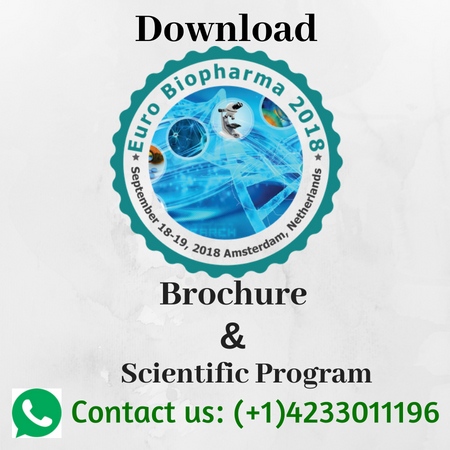
Biography
Biography: Bimal Roy krishna
Abstract
During pregnancy psychiatric disorders may occur requiring appropriate therapy. These conditions may also be preexisting which require careful diagnosis and monitoring.
While it is essential to treat such conditions, pregnancy limits the use of psychotropic drugs due to potential adverse fetal outcomes and possibly teratogenicity. Understandably improvement of the disease state may provide benefit to the developing fetus.
Recent studies show that up to 20% of women suffer from mood or anxiety disorders during pregnancy. Depression and anxiety during pregnancy have been associated with a variety of adverse pregnancy outcomes. Women who suffer from psychiatric illness during pregnancy are less likely to receive adequate prenatal care and are more likely to abuse alcohol, tobacco, and other substances known to adversely affect pregnancy outcomes. IUGR, low birth weight and fetal growth retardation in children born to depressed mothers have been documented.
Preterm delivery is another potential complication with an increased risk of pre-eclampsia, operative delivery, and infant admission to a special care nursery for a variety of conditions including respiratory distress, hypoglycemia, and prematurity.
A number of non-pharmacological options are available including cognitive behavioral and interpersonal psychotherapy. Nevertheless a considerable percentage of patients will need pharmacological intervention keeping in mind that a number of psychotropic medications may treat more than one condition.
This presentation covers maternal mental illness and pregnancy outcome and current therapeutic interventions and guidelines

